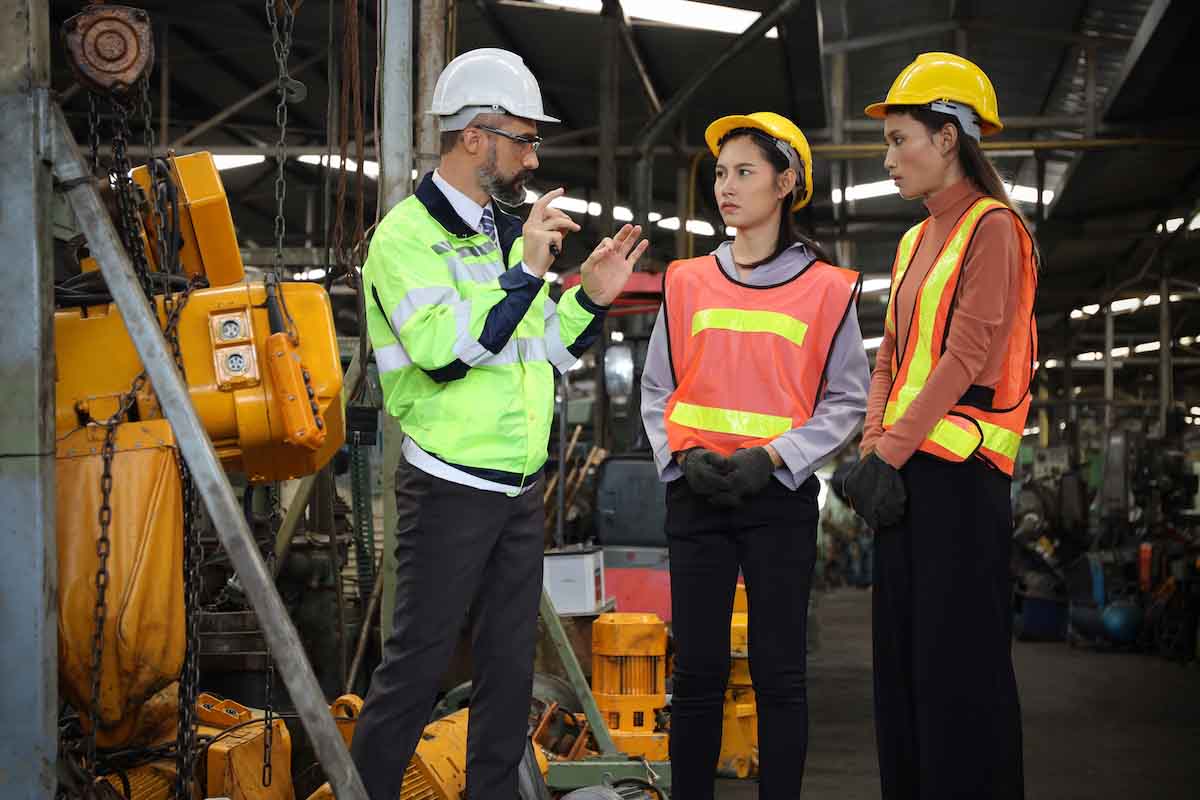
What Are the Benefits of Hands-On Crane Operator Training?

Traditional classroom teaching and learning is all well and good when you’re a student learning the theories of subjects, but if you intend to learn a trade such as heavy equipment operation, classroom teaching can only get you so far.
Think of it this way: how did you learn to ride a bike? An adult in your life probably showed you how to get on the bike and that you need to pedal and steer, but you wouldn’t have been able to ride your bike until you had actually climbed on and figured out how to do it.
In a similar way, if you want to be a crane operator, being able to use the equipment and learn how it works is the best way to get real-world experience in a safe, controlled environment. Here are three benefits of hands-on crane operator training.
1. A Safe Place to Practice
Hands-on training is also known as kinesthetic learning, which means that you learn with your hands, or learn by doing. Having a safe and controlled environment to practice heavy machine operations means you’ll feel more confident as you learn. Some of these machines are extremely large and can be dangerous if used incorrectly, without proper safety measures.
Being able to use the machines in a practical setting means you will be more aware of yourself, your skills, your machine’s capabilities, and your environment. On top of that, being able to use the machines yourself with your instructor nearby helps establish good safety habits, which might be overlooked with only a classroom training background.
2. Instructor Engagement
In a traditional training program, a student may not feel the need to ask questions when an instructor is giving a lecture or demonstration. A really good teacher is able to tell when a student isn’t engaged, but when they have more than a handful of students in their class, it may be difficult for them to give that specific kind of attention. In a hands-on environment, though, if a student has a question or doesn’t understand something, they are more highly motivated to engage with the instructor when they’re working on a machine in real-time.
Just in case the student is doing something incorrectly, an instructor is always able to rectify the mistake before it becomes a habit or a safety concern. Immediate feedback is important in these settings and will help you absorb lessons faster and more completely.
3. Easy Transitioning to the Workplace
When you have your certification as a heavy equipment operator, you already have hours of experience working as a crane operator. You are on your way to beginning a long and rewarding career. Having had the space to practice being a heavy machine operator, you have a head start, confidence in your abilities, and support from instructors. Hands-on learning is an effective way to master any type of skill, but is especially helpful when your classroom and practical learning time can translate to something you can put on a resume.
Visit the West Coast Training website and check out whether being a crane operator is right for you.
